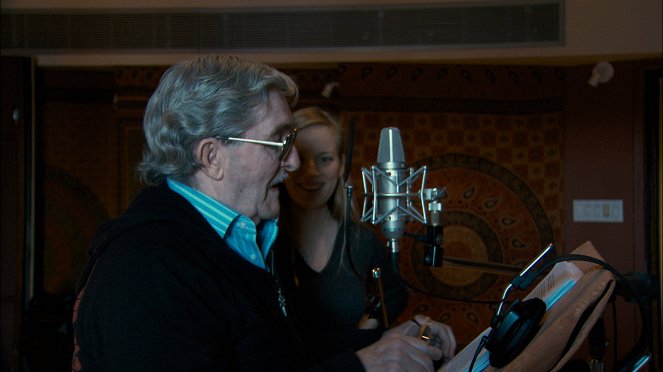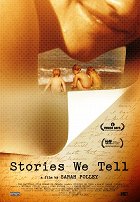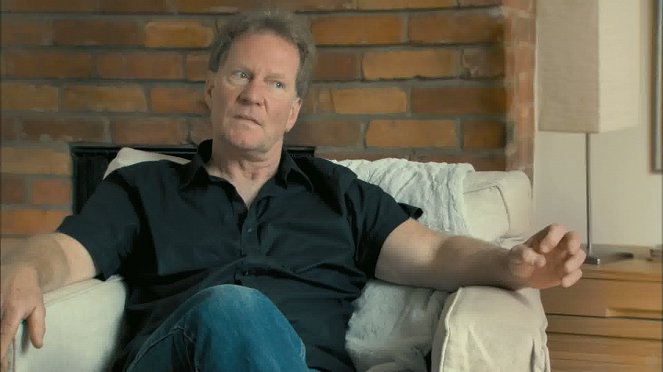Regie:
Sarah PolleyScenario:
Sarah PolleyMuziek:
Jonathan GoldsmithActeurs:
Sarah Polley, Tom Butler, Christine Horne, Jeanie Calleja, Lani Billard, Jef Mallory, Mairtin O'Carrigan, Deirdre BowenSamenvattingen(1)
In Stories We Tell komen diverse familieleden, vrienden en kennissen en familiegebeurtenissen voorbij. We zien beelden van Sarah Polley’s moeder door de tijd heen. Elke gezinslid heeft zijn eigen verhaal en zijn eigen visie op het verleden en de waarheid. De film schetst een portret van een intelligent, warm en liefhebbend gezin. Hoe beïnvloedt het geheugen de herinnering... (A-Film Benelux)
(meer)Video's (3)
Recensie (1)
Sarah Polley’s family history in a performative documentary (we learn about the director’s past through her eyes and together with her) that does not play by the established rules. For approximately eighty minutes, home-video footage of the past is rectified by newly filmed talking heads. These two versions of the same story of love, family, birth and death are complemented by a third version composed of a text read by a man named Michael Polley. It seems as if the filmmaker created this third version in order to have some sort of control over the history of her own conception. However, it becomes apparent in the last third of the film that her degree of control has been greater the whole time than it outwardly appeared. The revelation of the extent of the accuracy of what we have seen so far puts us partly in the position of Polley herself, who has also long believed that things are a little different. This not only reinforces the performative dimension of the work, but also the self-justification of a film that has so far offered been more or less only a fragmented family melodrama, which is beneficial to the members of the large Polley family (the only enhancement being the scenes from the present, shot on 8 mm film to show how, as soon as it is lived, the present becomes part of the immutable past). A full range of thought-provoking questions arise before us, relating either to the desire to grasp one’s personal past by rewriting it with the understanding that we live in stories (as we realise only after the fact) or whether and how we should talk about intimate matters. Despite its ambitious attempt to include as many versions of the story as possible, the documentary answers relatively few of these questions, yet the result is an inspiring essay on the necessity of giving a clearer form to often vague memories, to make them more comprehensible and to better understand ourselves through them. 75%
()
Galerie (9)
Foto © Eurozoom


